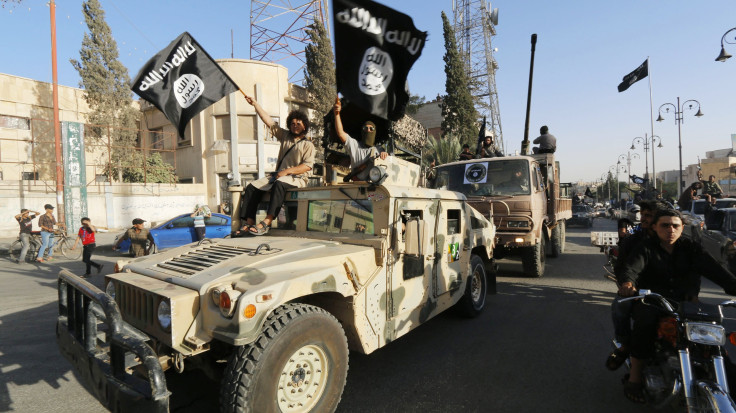Where Does ISIS Get Its Ammunition? New Report Finds Arms Manufactured in Over 20 Countries [MAP]

The extremist militants of the so-called Islamic State are firing American bullets. An investigation by the European Union-funded Conflict Armament Research group found the Sunni militant group, formerly known as the Islamic State of Iraq and Syria or ISIS, primarily used ammunition manufactured in the United States, China and Russia.
Investigators recovered more than 1,700 small-caliber munitions from the Kurdish regions of northern Iraq and northern Syria from July 22 to Aug. 15 to determine the origin of ISIS ammunition.
Of the 1,730 cartridges in the sample, 73 percent were manufactured in China (445), the Soviet Union (338), the United States (323) and the Russian Federation (154). Cartridges dated from 1945 to 2014, with 10 percent manufactured after 2010.
The presence of recently manufactured Iranian ammunition, if transferred deliberately, is an indication Iran violated a 2006 U.N. Security Council Resolution that prohibits Iran's export of ammunition. Ten cartridges manufactured in Iran after 2010 were recovered as part of the sample.
Nearly half of the recently manufactured ammunition used by ISIS are 7.62 x 54R mm-caliber ammunition used in PKM-pattern general-purpose machine guns and rifles; 5.56 x 45 mm-caliber ammunition, a standard NATO caliber used by Iraqi defense and security forces, was the second-most-popular caliber recovered. Despite its popularity, the 7.62 x 39 mm-caliber ammunition used in Kalashnikovs made up only 5 percent of the sample. Turkish 19 mm pistol ammunition, however, comprised a sixth of the sample and was found in both Iraq and Syria.
The Center for Public Integrity said between capturing arms on the battlefield and using oil sales revenue to purchase weapons, ISIS has had little trouble procuring large quantities of ammunition. "The fact that the armaments have such disparate sources -- some were even made at a major U.S. munitions plant in Missouri -- provides a cautionary note as Washington prepares to undertake expanded shipments of military supplies, including small arms, to rebel groups in Syria and to a revived Iraqi Army force."
© Copyright IBTimes 2025. All rights reserved.






















